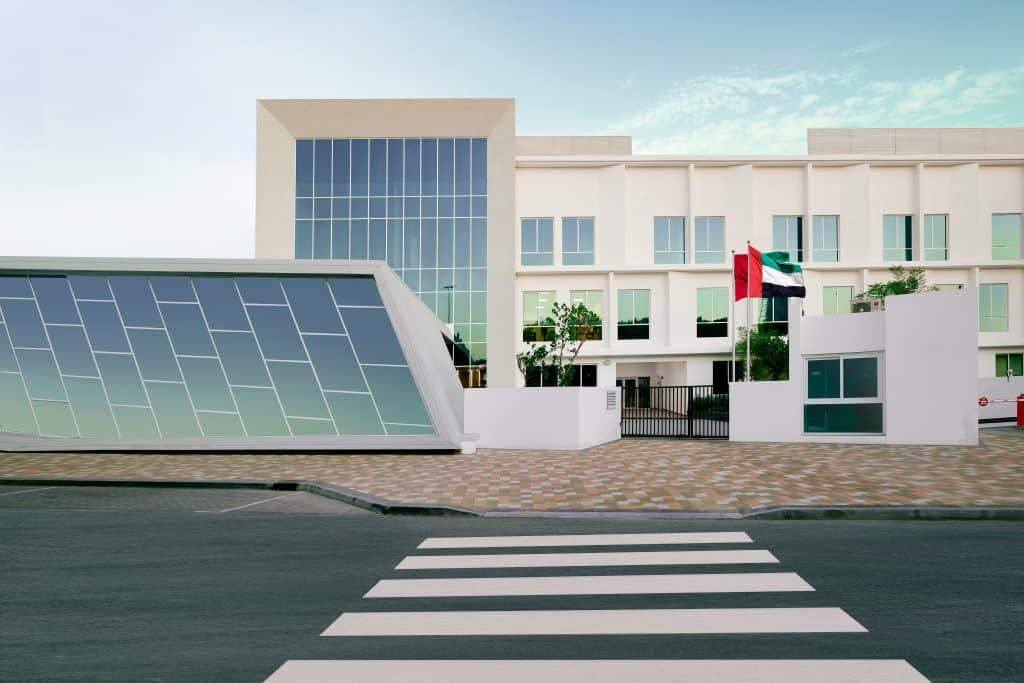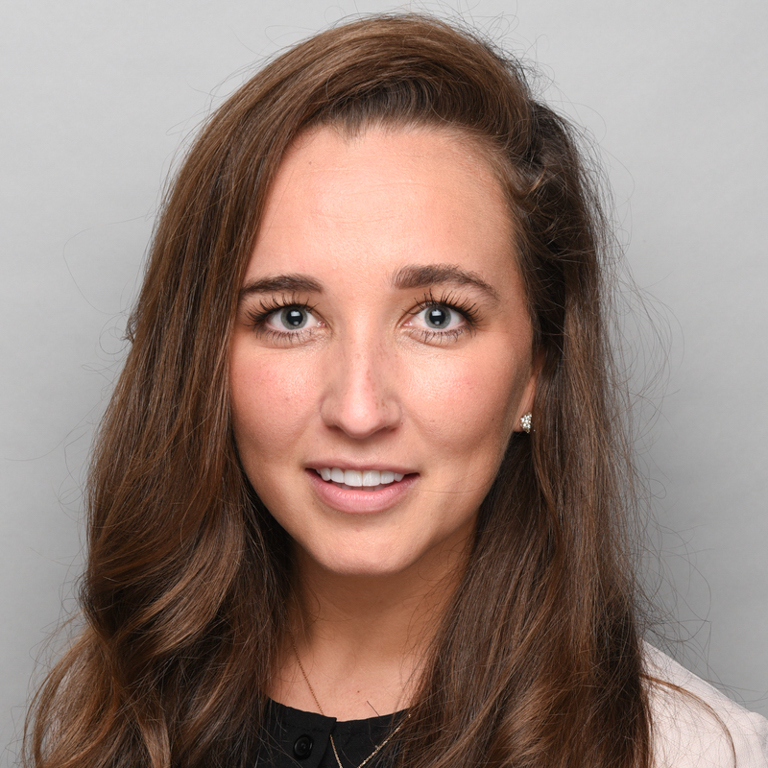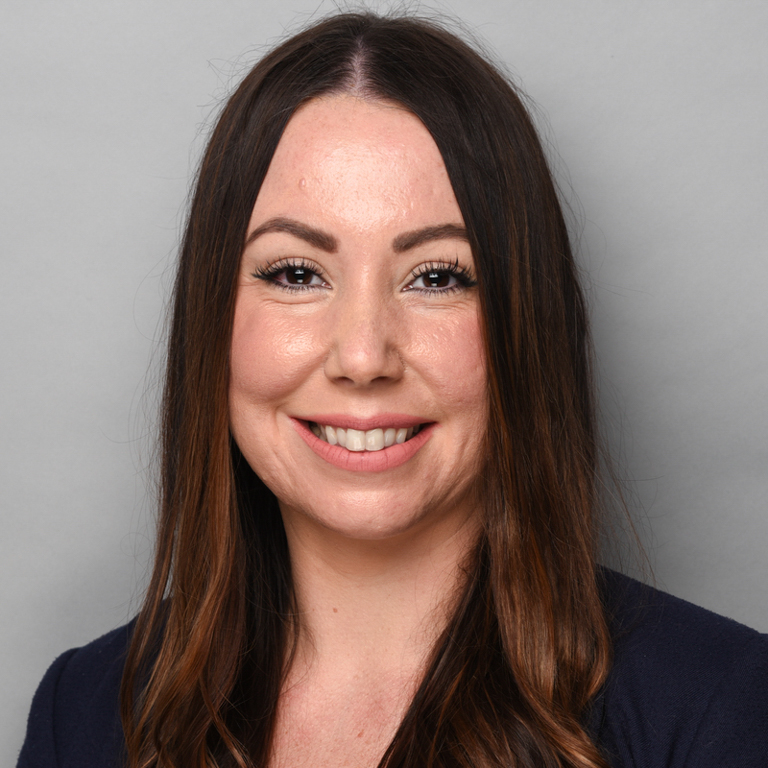Welcome Note
As the Head of Secondary, I am proud in being involved in leading such a wonderful school, a school which has achieved so many things already and it is my intention to ensure that this continues in the future.
We encourage intellectual risk-taking and deliberately create an environment where students are free to question, free to discover, free to try and free to succeed. Although every student has different abilities, talents and levels of confidence, we believe they all have a unique contribution to make.
School should be fun and happy students are more likely to be successful. We see it as our responsibility to bring out our students’ talents, to broaden their interests and to develop their personal qualities. To do this we aim to foster confidence, perseverance, tolerance and integrity; to enhance communication skills; to embrace creativity; to encourage teamwork; to promote an open-minded and outward-looking mentality.
We aim to provide as varied a life beyond lessons as we can so that our students not only have the pleasure of activity when they are young but also find and develop essential skills which will form a vital part of their adult lives.
Key Stage 3 (Years 7-9)
The curriculum ensures that the skills and the knowledge required for success at A Level and life beyond school begins in KS3.
At SCS we ensure that the curriculum and reporting system is focused on the key skills and knowledge that students are developing, rather than giving a numerical level at KS3.
The attainment of students is measured against their CAT4 targets and curriculum standards. There are 4 descriptors that will be used to explain student progress which is measured against curriculum standards:
- Working Towards Expectations
- Meeting Expectations
- Above Expectations
- Well Above Expectations
Key Stage 4 (Years 10-11)
Our aim at Safa Community School (SCS) is to provide each and every one of our students with a broad and balanced KS4 curriculum that is tailored to the individual’s needs containing a range of possibilities and opportunities for their education Post-16. The Key Stage 4 courses and the way they are taught at SCS are designed to best prepare your child for their future. We hope therefore that you and your child will find our Key Stage 4 courses meet your needs and ambitions for the future.
GCSE Curriculum
GCSE is the acronym for the General Certificate of Secondary Education. They are undertaken over the two years of Key Stage 4, i.e. Years 10 and 11 At SCS we offer GCSEs, IGCSEs and BTECs. The GCSEs consist of a 2 year programme of study in Years 10 and 11 (in Key Stage 4).
Curriculum KS4 Options BookletMessage from the Deputy Headteacher Senior School
Year 9 is an important transition year for our students, as it is here they begin their GCSE options process and preparation for Key Stage 4. As much as possible, we aim to design a programme of study for our students based upon their own preferences rather than limit them with predetermined option blocks.
Students will have a wealth of information to hand that will allow them to make an appropriate decision; this will include previous attainment, conversations with teachers as well as careers talks and the information provided here. We are here to support students make informed decisions and aim to work with you. Please do not hesitate to get in touch with any questions you have for the KS4 Team.
Subject Choices
- Arabic
- Art & Design
- Biology
- Business Studies
- Chemistry
- Computer Science
- Contemporary Design
- Design & Technology
- Drama
- English Language
- English Literature
- Enterprise
- Food Preparation & Nutrition
- Geography
- History
- Mathematics
- Modern Foreign Languages
- Music
- Photography
- Physical Education
- Physics
- Psycholog

A first of its kind pre-university campus solely for examination groups. Key Stage 4 and 5 learners will be fully exposed and immersed in world-class age-appropriate facilities, and learning environments with enhanced course offerings and opportunities.
Safa Senior SchoolHow to choose a secondary school?
Both are very similar in terms of the essential functions and requirements for a school that will support both growth and development. A good school will be strong across the following areas; teaching and learning, pastoral care, sports, performing arts academics, leadership opportunities, and co-curricular. Very evident should be the strength and visibility of the leadership and management across all phases of the school, including governance.
Academic Pathways
Secondary, parents will need to consider the different academic pathways that are on offer. Enquire and challenge over the breadth and balance of curricular options for GCSE and A levels to offer the combinations that will suit their child. Does the school offer a blended approach of both Btecs and GCSEs? Does the school offer both IGCSE and GCSEs to support international learners? And a similar offering for A levels?
Facilities
Facilities and resources will ensure that all student needs are met and that coursework and NEA work submitted is of the highest calibre. Do the look and feel of the school inspire learning? Are there stand-alone study and recreational spaces? Do the school support well-being and healthy lifestyles?
Career and University support
Safa has a stand-alone University and Career officer who works with our students and families to ensure our career program is embedded across all phases of the school.
Year 10 students complete a work experience week. Following on from this our Safa College Year 12 students undertaking a 6-month industry placement. This placement is linked to their intended university course and undergraduate studies.
There are real evident strengths of a through-school for all stakeholders. Feeling at home and supported in all stages of learning is essential. The main thing parents wish for their child to feel at school is ‘happy’. A happy child is a good learner. Arriving and leaving the school gates with a smile on their face is key to social and emotional development and the desire to learn and challenge themselves.
A child needs to feel settled, supported and in an environment conducive to learning. Making and creating bonds and relationships is essential. Very often, staff turnover can cause disruption in a child’s learning and is a question parents should ask on school tours.
‘If it isn’t broken, don’t try and fix it’. This is a great adage related to your child’s school experience. Don’t compare other families and their perceived stories coming out of a school. Focus on what is working for your child and family unit.
Parents should be able to go onto a school’s website and clearly see information and historical results for GCSEs, A levels and BTECs. Ask to speak to a leadership team member to assess the growth in exam results over time and the size of cohorts.
Other useful data to look at and review would be linked to the National Agenda. Data for TIMMS and PISA should also be available to view and will also provide an insight into the literacy, maths and sciences abilities of particular age groups.
Exam results show a certificated result at the end of the journey. However, experiences, life skills, leadership, and sporting opportunities during their school careers are instrumental in shaping and supporting learners for the outside world.
- What are the average class sizes across key stages 2-5?
- What is the school’s staff turnover each year?
- What are the school’s vision and development plan priorities?
- For students moving from a different curriculum, what support does the school put in place to address gaps in knowledge?
- Which rating does Learning and teaching hold from the last KHDA inspection?
Parental feedback is often honest, direct, and without prejudice. Reading reviews, independent reviews, and Facebook groups taking on all viewpoints and comments is useful.
Speak to friends and join community groups to raise questions and research historical threads. Parents have the ability to view and download school inspection reports and spend time reviewing judgements and statements about the school.
Spend time in classrooms and assess the behaviour of the students.
- How do transitions look between classrooms and floors?
- Are students moving purposely and in line with the expected age-appropriate behaviour
- Do the lessons seem organised and engaging, and are students happy and challenging and leading learning?
- Are leaders and staff visible and approachable?
- Is there a feeling of community and a sense of well-being at the heart of the school?
- Does the tour feel like a day-to-day experience and not staged in any way?
- Are students available to speak with? Some schools will offer tours with student leaders.
- Attending open mornings and tours
- Ask to view parental handbooks and options booklets
- Read their most recent BSO report
- Read their last KHDA inspection report
- Ask to meet specific members of the leadership team
- Trial and new starter days are often undertaken




